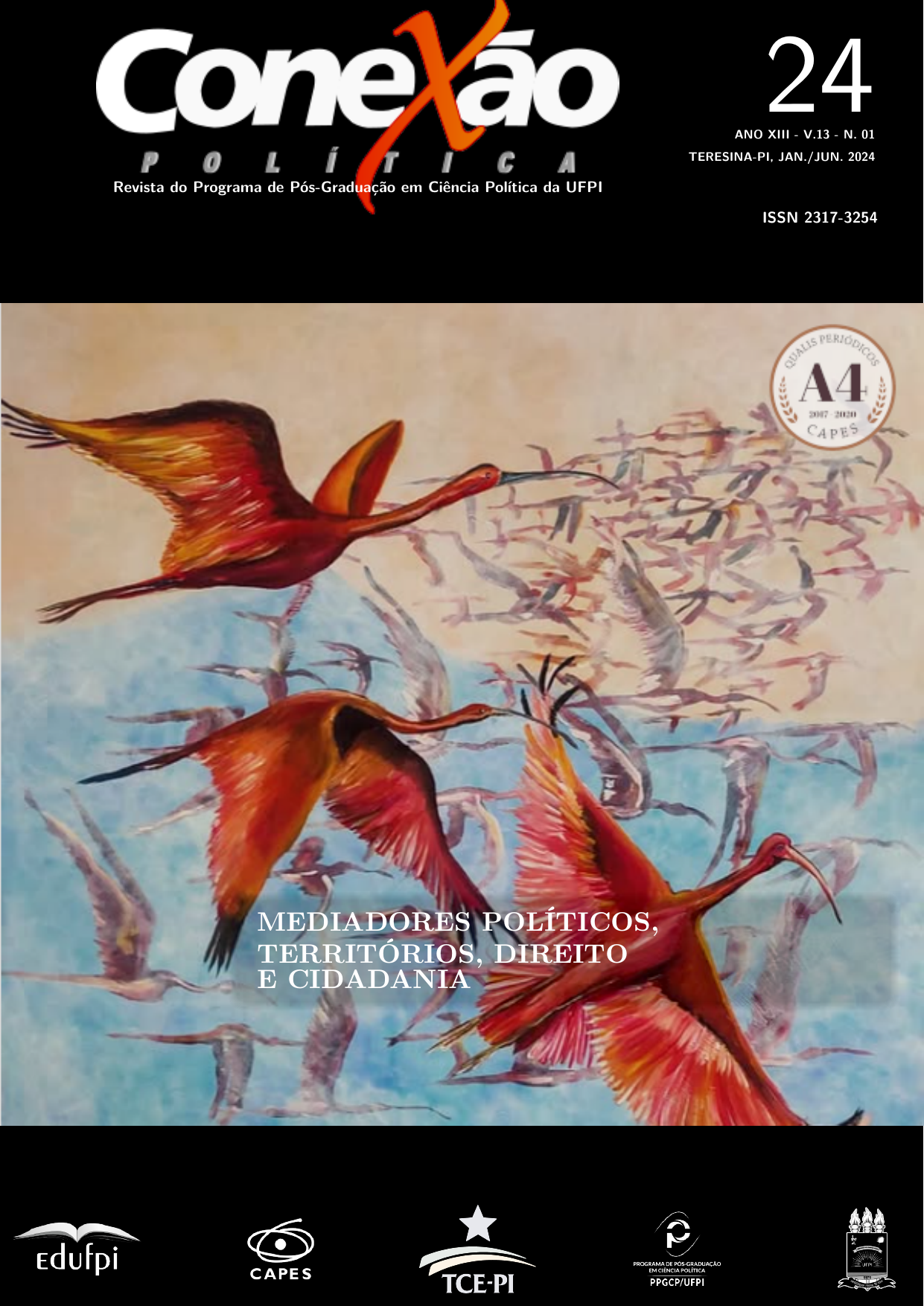O PAPEL DOS PARTIDOS NA ELEIÇÃO DE MULHERES NEGRAS NO BRASIL
mediação democrática com entraves
Palabras clave:
gênero, raça, mulheres negras, eleição, partidos políticosResumen
A Ciência Política brasileira, recentemente, vem se debruçando para compreender a desigualdade política a partir do binômio gênero e raça. Esse interesse decorre da maior dificuldade das mulheres negras acessarem os cargos de representação política. As razões da sub-representação deste grupo são múltiplas, assim como as soluções para revertê-la. Um desses caminhos passa pela atuação dos partidos (Araújo, 2005; Sacchet, 2020). É esse ator político com grande relevância nos regimes democráticos e nos processos eleitorais que propomos analisar neste artigo. Especificamente, buscamos examinar a mediação exercida pelas agremiações para potencializar ou obstruir candidaturas de pretas e pardas. O foco do presente estudo exploratório é a relação entre partidos e candidatas negras nas eleições proporcionais de 2014, 2018 e 2022, a partir de duas variáveis: posicionamento ideológico do partido e chances de sucesso das mulheres negras. Os dados do TSE são tratados em linguagem R e analisados à luz da perspectiva interseccional (Crenshaw, 2002; Collins; Bilge, 2021). A escolha metodológica é quantitativa. Resultados indicam que nos pleitos de 2014 e 2022, as agremiações de esquerda elegeram percentuais maiores de concorrentes pretas e pardas, algo que não ocorreu em 2018. Tais dados sinalizam que o posicionamento ideológico influencia na mediação, facilitando ou dificultando o acesso dessas mulheres aos espaços decisórios.




